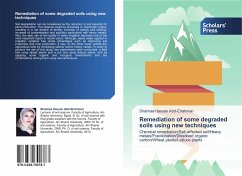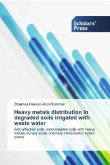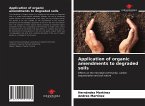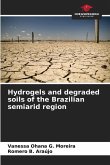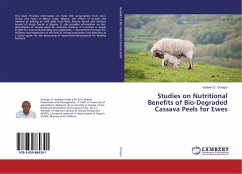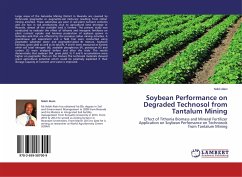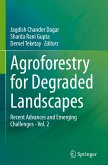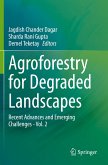Soil degradation can be considered as the reduction in soil capacity for plant production. The reasons could be physically or chemically origins, resulting in a net decline of fertility, increase of salinity and sodicity, increase of contamination and pollution particularly with heavy metals. Also, the wise use of low quality of water irrigation becomes one of the most important topics in recent years. Although, waste water applied in irrigation systems has some advantages such as improving soil properties and crop production, it may, on the other hand, pollute the agricultural soils by increasing salinity and/or heavy metals. In order to achieve the aim of this study; two experiments were conducted, a field trial using wheat plants and a pot one using lettuce plants, and by applying some organic and inorganic amendments and the combinations among them using new techniques.
Bitte wählen Sie Ihr Anliegen aus.
Rechnungen
Retourenschein anfordern
Bestellstatus
Storno

